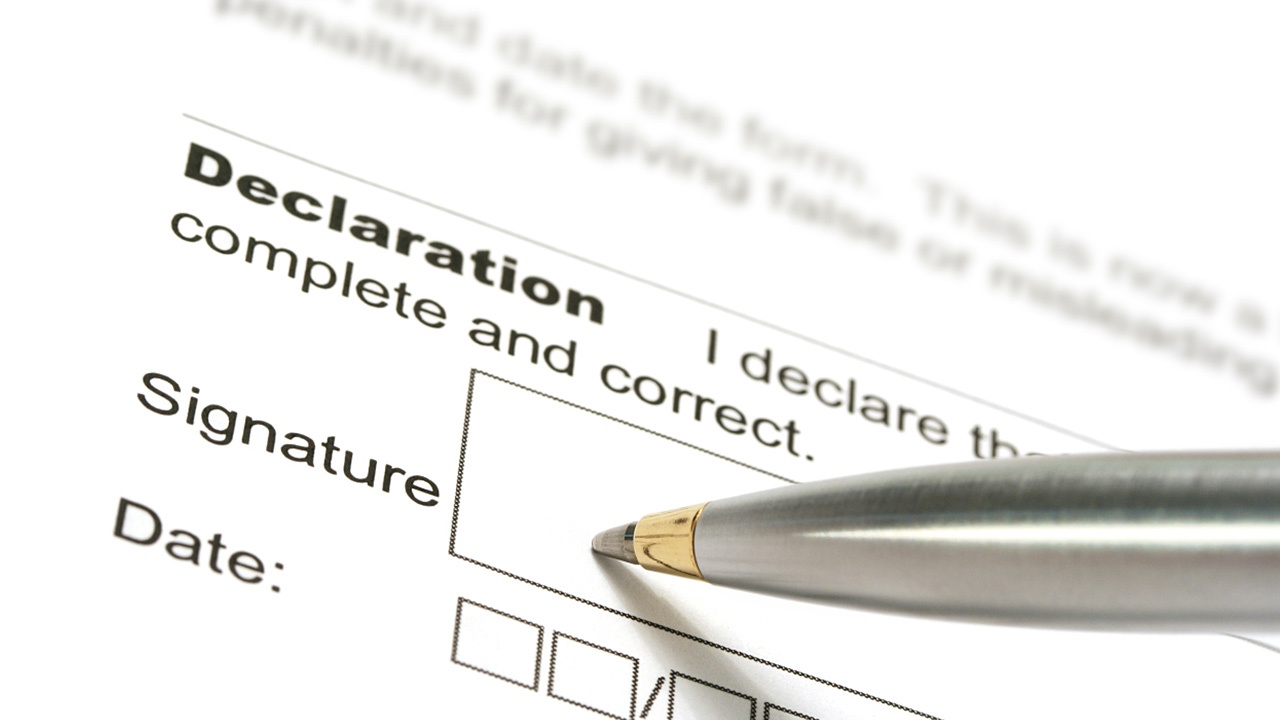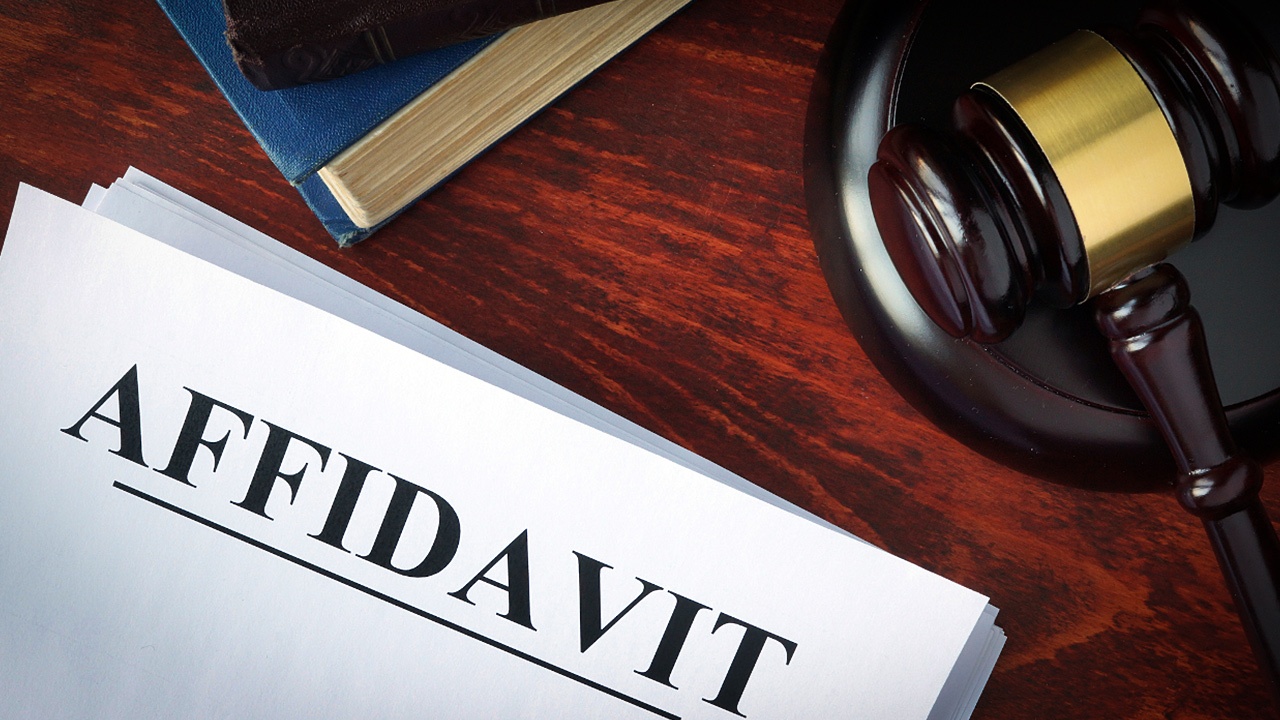Students in a legal administrative assistant program are educated in the necessary skills that enable them to support lawyers in different practice areas. These professionals’ expertise allows them to assist lawyers in criminal and family law, civil litigation, real estate law, corporate law, and other realms of legal practice.
Legal administrative assistants are adept in areas such as office procedures, record keeping, and client communication. They’re also experts in legal terminology, with a robust understanding of different kinds of legal documents and how to engage with them. One such legal document is the affidavit. Read on to find out more about this important legal document.
Affidavits Are Legal Documents Handled by Judges, Lawyers, and Legal Assistant
An affidavit is one kind of legal document that legal assistants encounter in their professional careers. Affidavits are written documentation that the writer affirms or swears under oath to contain only the truth. Affidavits are presented to judges during legal cases in the absence of other forms of witness evidence and testimonial. They contain important information that informs the judge’s decision, so it’s essential that the information be wholly true.
There are strict rules about how affidavits are written and structured, what exactly can be included within them, and the method by which they are affirmed as true. Affidavits are taken to legal professionals and signed in front of them to verify their authenticity. These experts can be lawyers, notary publics, or commissioners of oaths. A person who is in possession of a legal assistant diploma may work with these professionals. The legal professional swears the authenticity of the document by checking the writer’s government-issued identity card and verifying that their identity is as they claim it is.
Affidavits Can Only Contain Certain Elements
Affidavits have strict guidelines, requiring more than just that the statements adhere to the truth. Writers of affidavits must stick to the bare facts that are relevant to the legal case. Any opinions, intuitive guesses, or conclusions cannot be included in the statement. They should only include the bare facts of what the writers experience. Even if the opinions are grounded in facts, they cannot be included. Descriptions of emotions, legal arguments, and accusations are barred from entry in an affidavit.
Though it is generally improper for opinions to be written into affidavits, under very specific conditions opinions are allowed and even encouraged. On occasion, an expert, such as a psychiatrist or a doctor, can be asked to write an affidavit for someone’s case. Because they are being asked for their opinion as an expert, they can pose their specialized perspective in their writing. Those with legal assistant training should be aware that these are the only conditions under which opinion can be written into an affidavit.

Affidavits need to adhere to specified guidelines of length and structure
Adhere to Specific Structures
As a legal document, the affidavit mandates a specific structure. The front page should contain the writer’s full name and the date when it is sworn in. In Alberta, the affidavit is generally three pages long, and cannot exceed five pages in length barring specific circumstances. The backs of the pages should not be written on, and the pages and paragraphs should both be numbered.
Documents may be attached to affidavits to support the claims in the content. These pieces of supporting evidence are called exhibits and should be described in terms of their relevance within the affidavit document. Only a maximum of 40 pages of exhibits should be attached, barring specific circumstances. The exhibits should be separated by divider tabs or post-it notes, with the tabs labelled. Graduates of a legal administrative assistant course should know that copies should be made of the affidavit, including the exhibit, only after it is legally sworn in by a professional. It can then be submitted to the legal system.
Are you passionate about the legal system?






